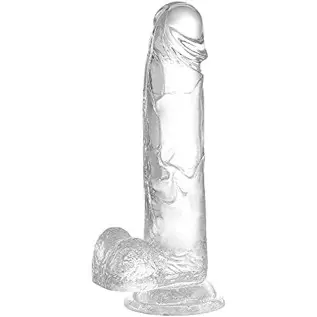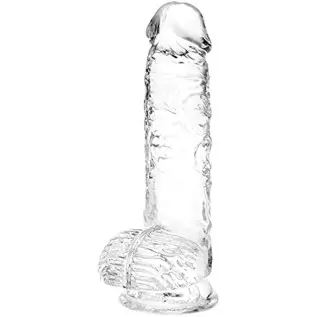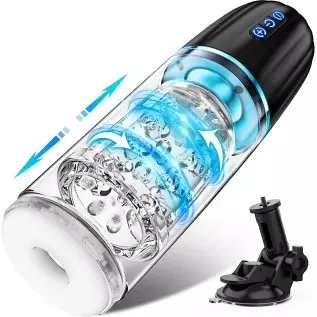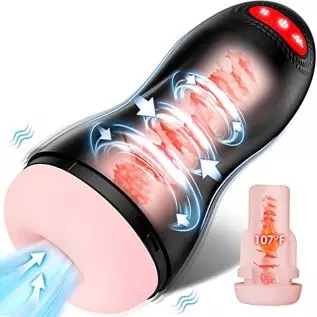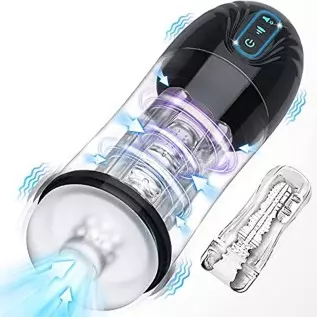Do condoms work or pills are better? Three misunderstandings about contraception
Contraceptive measures are very necessary for every young man and woman, especially those who are unable to raise children. A survey of unintended pregnancies showed that 42% of women had unintended pregnancies because they did not take any contraceptive measures or because of the safety period. Unintended pregnancy such as miscalculation. In hospital outpatient clinics, there are also many women who have unexpected pregnancies due to contraceptive failure, resulting in a fresh life being innocently strangled in the hotbed of the uterus. Experts point out that female friends’ lack of adequate contraceptive awareness is the main reason for contraceptive failure. For contraception, is it better to use condoms or pills?
Although many contraceptive products have good contraceptive effects, the effective contraceptive rate can only reach 99% at most, and cannot achieve 100% contraception, which is mostly affected by improper use. Among many contraceptive products, condoms and birth control pills are more commonly used. In addition to different choices due to personal preferences, both also have their advantages and disadvantages.
Condoms have an effective contraceptive rate of up to 99% and can effectively prevent the spread of sexually transmitted diseases
Condoms are recognized as the most effective contraceptive method among many contraceptive pills, with an effective contraceptive rate of up to 99%. Compared with other contraceptive methods, there are three advantages:
1. Condoms can prevent the mutual transmission of syphilis, gonorrhea, chlamydia infection, rash, AIDS, trichomoniasis and other sexually transmitted diseases between men and women, and prevent smegma (which can cause cervical cancer) from coming into contact with the cervix.
2. There are no side effects of contraceptives, and the contraceptive effect is good, with an effective contraceptive rate of up to 99%. Especially after newly married, after the woman has a caesarean section, during lactation, during the intermittent period of long-term use of oral contraceptives, and for people suffering from various chronic diseases.
3. It can overcome the allergic reaction to semen in a small number of women.
But because condoms are made of rubber, some women may be allergic to the material. In addition, condoms are thin and can easily be scratched by nails, jewelry and other items during use, which can perforate the condom and lead to unintended pregnancy. Some people may also experience condoms falling off during sexual intercourse, so be careful when using them. Statistics show that 29% of respondents reported that condoms broke, while 13% reported that condoms fell off during intercourse.
The correct way to use condoms:
1. You must use a new gel condom before each sexual intercourse;
2. Must be worn before sexual intercourse begins;
3. Carefully tear open the individually sealed packaging bag and avoid using sharp tools such as scissors;
4. Pinch the front end of the condom with your fingers, squeeze out the air, and then put it on the erect penis;
5. Reserve the space at the front of the condom;
6. Make sure the condom covers the entire penis;
7. If necessary, water-based lubricants should be used, as oil-based lubricants can cause condoms to break;
8. After ejaculation, while the penis is still erect, hold the edge of the condom tightly and pull out the penis;
9. Never leave condoms in your wallet or near a heat source for a long time.
In addition to condoms, birth control pills are also commonly used contraceptive methods. There are two types of contraceptive pills, one is regular contraceptive pills and the other is emergency contraceptive pills. Conventional contraceptive pills are for daily use. Emergency contraceptive pills are a remedy after unprotected intercourse. They have serious side effects and cannot be used more than twice in a year. I will not go into details here.
Routine contraceptive pills can cure gynecological diseases
According to doctors, compound oral contraceptives have a positive preventive and therapeutic effect on many female gynecological diseases. It can inhibit ovulation and keep the body's hormone levels at a relatively stable low level during the menstrual cycle, thereby improving premenstrual headaches, mood changes (depression, irritability, agitation, anxiety, etc.), breast bloating, abdominal distension and edema. etc.; In addition, the use of compound oral contraceptives under the guidance of a doctor can also treat gynecological diseases such as pelvic inflammatory disease, endometriosis, hirsutious ovary syndrome, and diseases such as acne and hirsutism caused by excessive secretion of male hormones. Some Birth control pills can even help with weight loss. But doctors don't advocate using birth control pills specifically to treat acne or lose weight.
Three misunderstandings about contraception
Contraceptive Myth 1: In vitro ejaculation
When using in vitro ejaculation as a contraceptive method, both men and women are highly nervous during intercourse and are ready to pull out their penises to terminate intercourse at any time. This will result in the inability to devote oneself to intercourse, greatly reducing the quality and pleasure of intercourse. At the same time, during this process, men's mental pressure is too great, and their nervous state of mind is likely to affect sexual function. Over time, it may cause mental impotence, premature ejaculation and other diseases in men.
Contraceptive misunderstanding 2: Compressing the urethra
Compressing the urethra as a contraceptive may cause greater harm to the human body. This is because urethral contraception will cause semen to flow backwards and remain in the urethra, leading to uncomfortable symptoms such as urethral swelling and burning, and may also cause urethral inflammation. Over time, it may also lead to retrograde ejaculation, in which semen cannot be ejaculated even when the urethra is not compressed. This is the cause of some clinical infertility patients. At the same time, urethral compression for contraception may also cause sexual dysfunction due to mental problems.
Contraceptive Myth Three: Holding Sperm without Ejaculation
Preventing ejaculation as a contraceptive is very harmful to men's health. On the one hand, ejaculation during sex is a normal physiological phenomenon. Holding back ejaculation will damage a person's ejaculation function. Over time, it will lead to delayed ejaculation, weak ejaculation or even no ejaculation, and may also cause impotence or prostatitis. On the other hand, holding back semen without ejaculation will cause the male's congestion to be effectively relieved. Blood may enter the seminal vesicles and damage the capillary walls of the seminal vesicles, causing symptoms of hematospermia such as red semen and soreness and weakness in the waist and legs, which seriously affects the health and well-being of men. daily life.
Therefore, relatively healthy contraceptive methods such as condoms and birth control pills should be used for contraception. Do not cause damage to your own health due to improper contraception.





